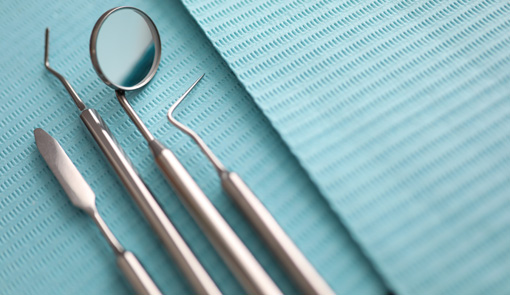A bitten tongue or lip may seem like a minor inconvenience, but it can quickly escalate into a painful and potentially serious dental emergency. Whether resulting from a fall, accident, or unexpected impact, injuries to the tongue or lip can cause significant discomfort, bleeding, and swelling. Knowing how to administer emergency care for a bitten tongue or lip is essential for managing the situation effectively and preventing further complications.
Dealing with a bitten tongue or lip requires swift action and proper care to address the injury and minimize discomfort. At Journal Square Dental, we understand the urgency of dental emergencies and are here to provide prompt and compassionate care when you need it most. Contact us today to schedule an emergency appointment and take the first step toward relief and recovery.
Bitten Tongue or Lip: First Aid Tips for Dental Emergency Situations
Experiencing a bitten tongue or lip can be a painful and alarming dental emergency. While such injuries may seem minor, they can cause significant discomfort and bleeding if not addressed promptly. Some first aid tips for emergency situations include:
- Clean the area: Gently rinse the mouth with lukewarm water to remove any blood or debris from the bitten tongue or lip. Avoid using mouthwash or other products that may cause stinging or irritation.
- Apply pressure: Using a clean piece of gauze or a damp cloth, apply gentle pressure to the injured area to help control bleeding. Hold the compress in place for several minutes until the bleeding subsides.
- Ice pack application: To reduce swelling and alleviate pain, apply a cold compress or ice pack wrapped in a cloth to the outside of the mouth, near the affected area. Hold the ice pack in place for 10-15 minutes at a time, allowing short breaks in between.
- Manage pain: Over-the-counter pain relievers can help alleviate discomfort associated with a bitten tongue or lip. Follow the recommended dosage instructions and avoid aspirin, which can increase bleeding.
- Avoid irritants: Refrain from consuming hot, spicy, or acidic foods and beverages that may irritate the injured tongue or lip. Stick to soft, bland foods, and drink plenty of water to stay hydrated.
- Monitor for signs of infection: Keep an eye on the injured area for signs of infection, such as increasing pain, redness, or pus discharge. If you notice any concerning symptoms, seek medical attention promptly.
- Seek professional evaluation: While most cases of bitten tongues or lips can be managed at home with first aid measures, it’s essential to seek professional dental evaluation if the injury is severe or if bleeding persists despite initial treatment.
Dealing with a bitten tongue or lip can be painful and distressing, but knowing how to administer first aid can make all the difference in providing immediate relief and promoting healing.
Address Your Dental Emergency With Journal Square Dental Today
Emergency care for a bitten tongue or lip is crucial for managing this common dental injury effectively. While such injuries may initially seem minor, they can cause significant discomfort, bleeding, and swelling if not addressed promptly.
At Journal Square Dental, we understand the urgency of dental emergencies and are committed to providing prompt and compassionate care to our patients. Our experienced team is here to provide immediate relief and comprehensive dental treatment to address your needs. Schedule an emergency appointment with Journal Square Dental today, and let us help you regain comfort and confidence in your smile. Contact our practice today through our contact form or by calling (201) 431-0288.


